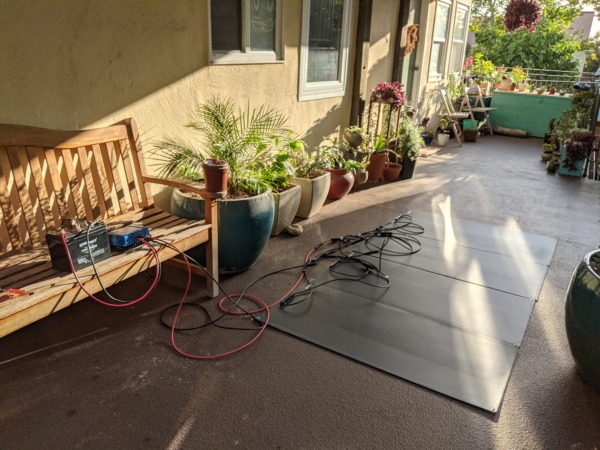I was invited to another team’s weekly meeting a couple days ago, on Tuesday. I was asked to be the distributed computing “expert”. Sometime during the meeting, the presenter referred to our typical cluster architecture as comprising “master” and “slave” nodes.
In previous years, I might not have given this a second thought. But for some reason, this passing reference startled me.
When I reflected on why I was so startled, I recalled that I had seen posts earlier this year on avoiding terms with such historical, inequality-laden baggage.
At the time, I remember thinking how unimportant changing this kind of language would be. Sure, it’s dehumanizing to call undocumented immigrants “illegals.” Or conversely, American concentration camps simply as “detention centers.” But replacing “master” with “main” in our git repositories? Replacing “blacklist”? I wasn’t sure how much impact that’d make.
But now, it makes more sense. What we call things are important. And maybe, it’s the smallest changes to be more inclusive that might make the most impact in the long run.
As for our cluster, when I later looked at our configurations, there’s actually no mention of “master” or “slave.” Rather, it’s “driver” and “worker.” I’ll be more intentional about using those more inclusionary terms in the future.
